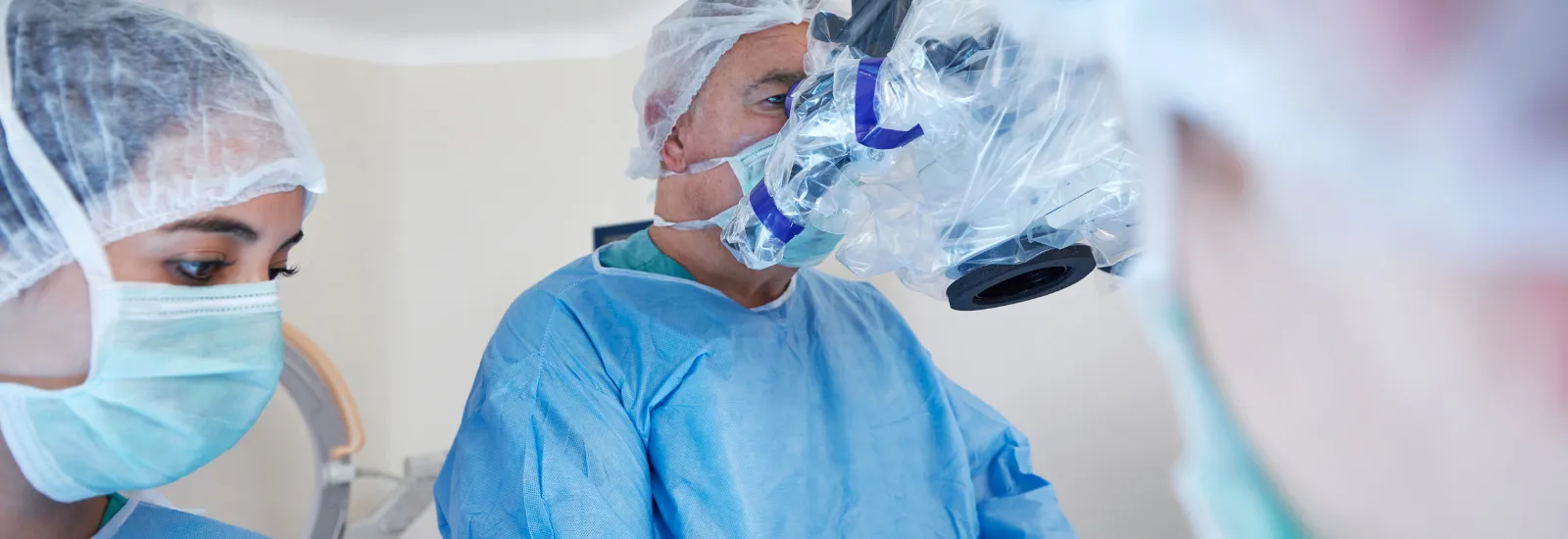
Recovering from a robotic hysterectomy
Together with their
clinicians, many women have made the decision to receive a robotic
hysterectomy. Surgeons throughout the world now increasingly perform robot-assisted
surgeries because they are less invasive and require less recovery time.
A hysterectomy is the
surgical removal of the uterus. A radical hysterectomy includes also removing
the ovaries and fallopian tubes. Traditional hysterectomies involve using
surgical instruments to make a large abdominal incision. For some women, a
traditional procedure is still the right option, but for others, a robotic-assisted
hysterectomy may offer a better surgical experience.
Gynecological surgeons at
Reid Health use the da
Vinci Surgical System — a robot that gives surgeons
greater precision, flexibility, and control — to perform robotic
hysterectomies. Even though a robotic hysterectomy is still major surgery, modern technology makes robotic
surgeries safer than ever before.
Faster recovery with a robotic hysterectomy
One of the main benefits
of using robot-assisted technology is significantly faster healing time.
Recovery time after a robotic hysterectomy is about three weeks compared to six
or more weeks of recovery for traditional open surgery.
Surgeons often get excellent results from this
minimally invasive hysterectomy. Patients can expect:
- Fewer complications, including a lower risk of surgical-site infections
- Less blood loss
- Less noticeable scarring
- Less pain and less reliance on prescription pain relievers after surgery
- Shorter length of stay in the hospital
What to expect during recovery
After a robotic
hysterectomy, women may experience the following:
- After a day or two in the hospital, you'll be able to return home
to complete your recovery. Most patients can resume normal activities soon
after. The length of your hospital stay depends on your health before and after
surgery.
- Less pain doesn't mean zero pain. Pain management helps relieve any soreness or discomfort that occurs in the days directly after surgery.
- You will need to avoid heavy lifting until your surgeon says it's OK.
- Nothing should enter the vagina for six weeks after surgery: no sexual intercourse, douching, or tampons.
- Trouble emptying the bladder may occur. Similarly, some patients may experience constipation or other bowel problems. These issues are often temporary and resolve themselves over time.
- Vaginal bleeding and discharge are normal in the weeks following a hysterectomy.
Light movement or
exercise approved by your provider can help speed your recovery. However, rest
is a vital part of the healing process. It's also important to share any
changes in your symptoms with your provider.
Emotional recovery matters
A hysterectomy can
greatly improve quality of life by alleviating pain, heavy bleeding, and other
symptoms. However, the procedure makes it impossible for women to have children
and causes other hormonal changes, which can bring on a range of emotions:
- Feelings of grief or loss at your inability to
have children are valid. It's important to share them with your primary care
provider or a mental health professional if you find them impacting your daily
life for a long period.
- Menopausal symptoms may occur if one or both
of your ovaries are removed, and some women still experience early menopausal symptoms even if their ovaries
are not removed. Menopause can cause anxiety, depression, anger, and
irritability, so speak to your provider about ways to manage these feelings.
- Sexuality is often impacted by the hormonal and emotional changes patients experience after a hysterectomy. After the procedure, women may notice a decrease in sexual desire, which may be helped by hormonal treatments.
If you experience any of
these, speak to your OB/GYN for help with symptom
management. Reaching out to a mental health counselor can also help you deal
with any emotional changes you are experiencing. Remember, you don't need to
handle problems on your own. Help and treatment are always available.
Keep going to the OB/GYN
After a robotic
hysterectomy, it's important to continue receiving gynecological care. Regular
OB/GYN appointments help maintain good, long-term health. For some patients,
this includes pelvic exams, Pap tests, and cervical cancer screenings.
If you're unsure which OB/GYN services you'll need after surgery, speak with your clinician.
To learn more about the
benefits of a robotic hysterectomy, make an appointment with an OB/GYN at Reid Health.

